The International Covenant on Economic, Social and Cultural Rights (ICESCR) is one of the two pillar human rights treaties, along with the International Covenant on Civil and Political Rights (ICCPR). Both were adopted by the United Nations General Assembly on December 16, 1966, with the ICESCR coming into force on January 3, 1976.
Under the ICESCR, member states are committed to providing economic , social and cultural rights to individuals, including the right to trade unions and the right to health, the right to education and the right to an adequate standard of living.
[caption id="attachment_596335" align="alignnone" width="768"]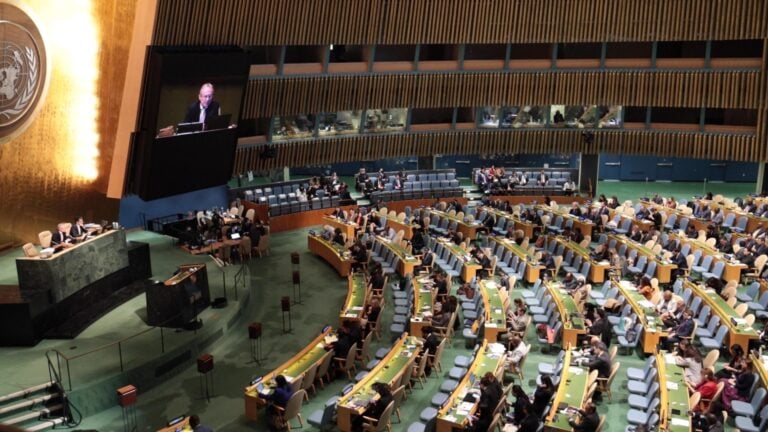 Both the ICCPR and ICESR conventions, together with the 1948 Universal Declaration of Human Rights, are recognized by the international community as the International Bill of Human Rights – the foundation of international human rights law. (Photo: VNA)[/caption]
Both the ICCPR and ICESR conventions, together with the 1948 Universal Declaration of Human Rights, are recognized by the international community as the International Bill of Human Rights – the foundation of international human rights law. (Photo: VNA)[/caption]The adoption of the ICESCR by the United Nations is based on the provisions and principles of respecting human dignity and protecting human rights and fundamental freedoms as stated in the Universal Declaration of Human Rights in 1948, ending the persistent efforts of struggle and negotiation among groups of United Nations member states, ending the long-standing debate on the legal value of two groups of rights (civil and political rights and economic, social and cultural rights). Both conventions also open up new opportunities for countries in ensuring and promoting human rights.
According to the ICESCR, the content of economic, social and cultural rights protected by the convention is specifically stipulated in Part III, from Articles 6 to 15. Accordingly, economic, social and cultural rights, including the right to labor, the right to property, the right to employment, the right to social protection, the right to health care, the right to housing, the right to education, the right to an adequate standard of living, the right to scientific research, invention, and innovation, etc.
Both of these conventions, together with the 1948 Universal Declaration of Human Rights, are recognized by the international community as the International Bill of Human Rights – the foundation of international human rights law.
Realizing the significance and importance of the international principles and standards stated in the two conventions, in extremely difficult conditions, due to having to overcome the severe consequences of the war, Vietnam soon joined the two conventions at the same time on September 24, 1982 and only reserved one provision stemming from the principle of sovereignty equality between the two countries.
[caption id="attachment_596333" align="alignnone" width="768"]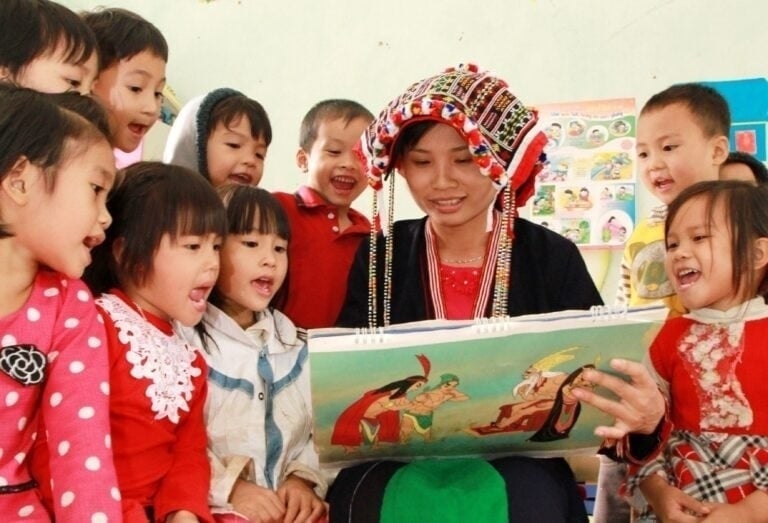 After more than 40 years of implementing its commitments to the ICESR Convention, Vietnam has achieved certain achievements in poverty reduction, social security, equality and non-discrimination for people in all regions. (Photo: VNA)[/caption]
After more than 40 years of implementing its commitments to the ICESR Convention, Vietnam has achieved certain achievements in poverty reduction, social security, equality and non-discrimination for people in all regions. (Photo: VNA)[/caption]Since joining the ICCPR and ICESR, Vietnam has made many efforts to ensure the implementation of the rights in the two conventions in both theory and practical implementation; actively fulfilling its obligations to the international community.
After more than 40 years of implementing its commitments to the ICCPR and ICESR, Vietnam has achieved certain achievements in poverty reduction, social security, equality and non-discrimination for people in all regions. In addition, Vietnam is continuing to improve the legal environment, build national policies and programs to overcome challenges, ensure the quality and effectiveness of the implementation of economic, social and cultural rights, focusing on improving the quality of life, especially for women, children and vulnerable groups.
Along with actively participating in international conventions on human rights, the Vietnamese State has made efforts to build a national legal system, actively internalizing international principles and standards on human rights; ensuring harmony between national law and international law.
The 2013 Constitution is the pinnacle of constitutional activities on human rights, when it devotes a full 36 out of 120 articles to regulating human rights, rights and obligations of citizens; together with the laws and codes promulgated, it has created a legal framework for respecting, promoting and protecting human rights.
Tra Khanh







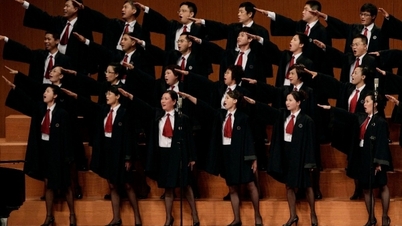


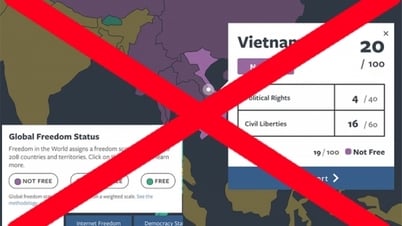
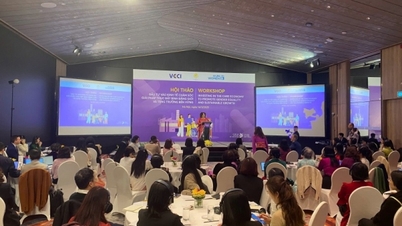

















































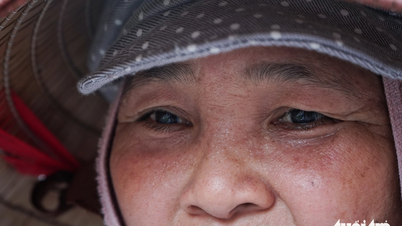

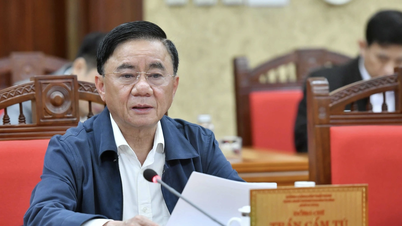







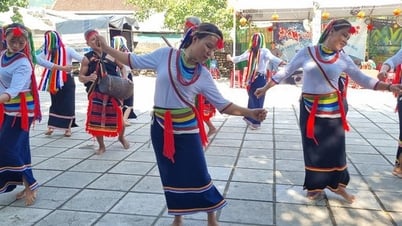

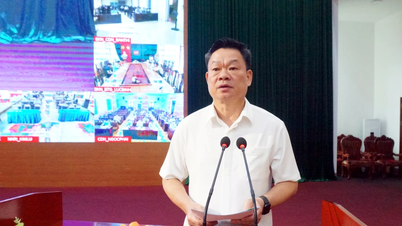

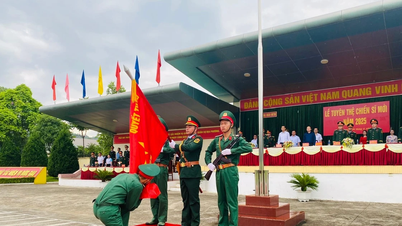



















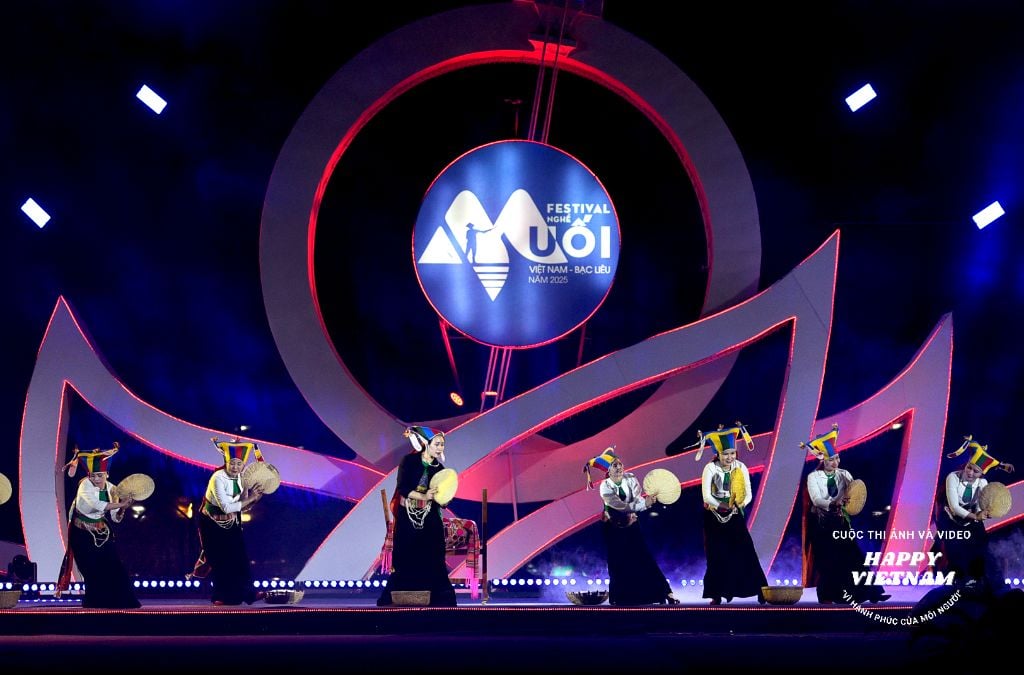


Comment (0)